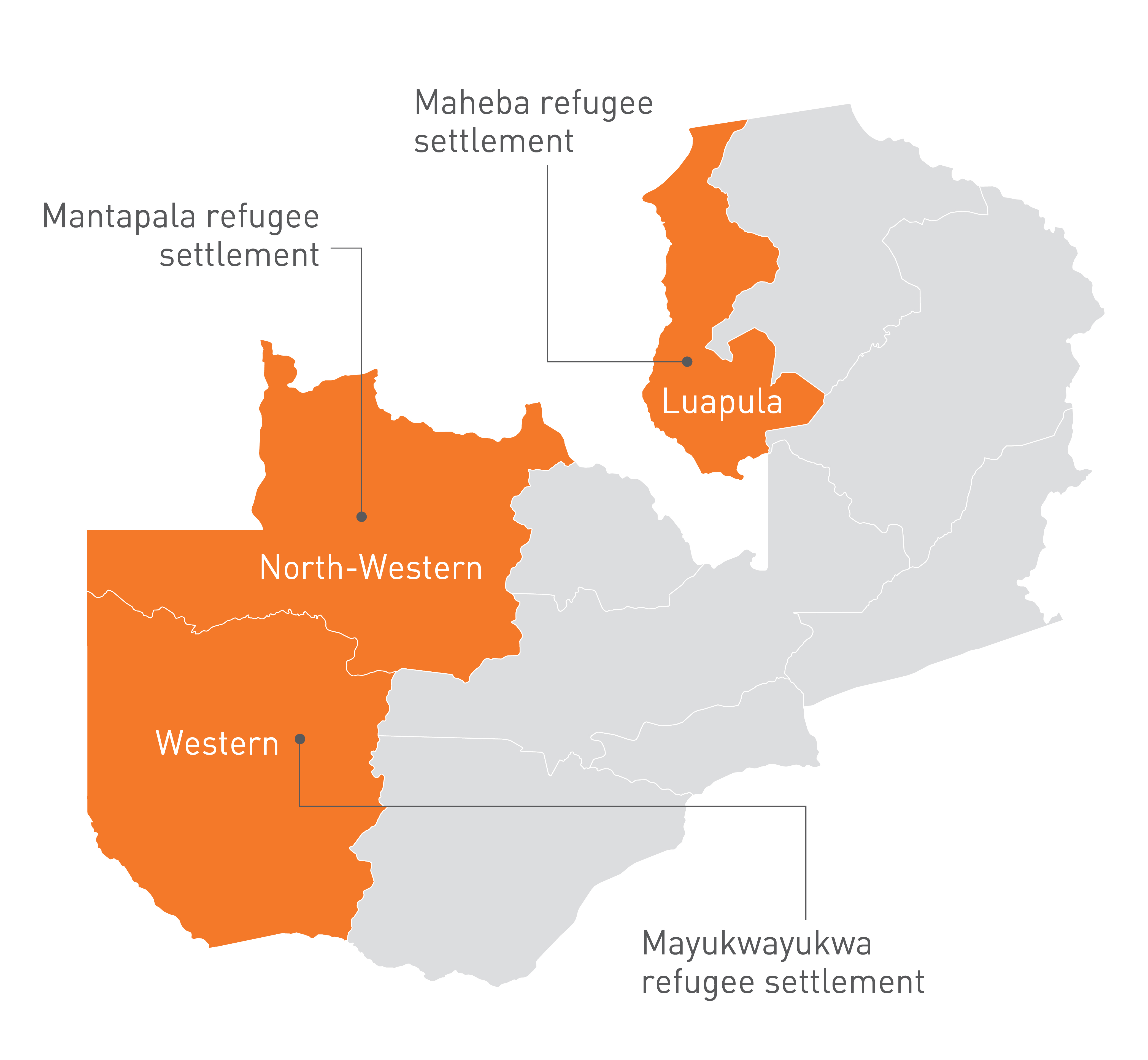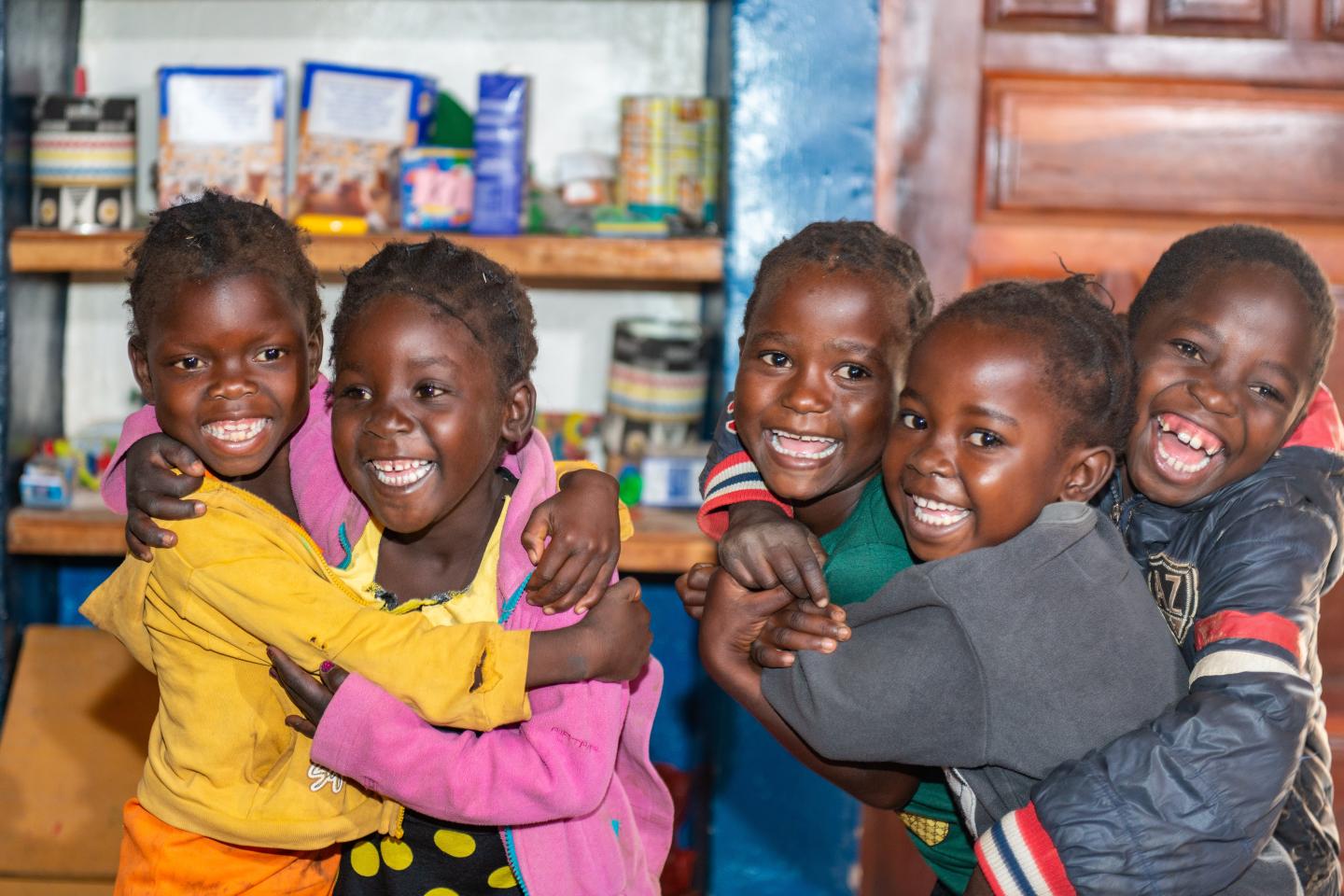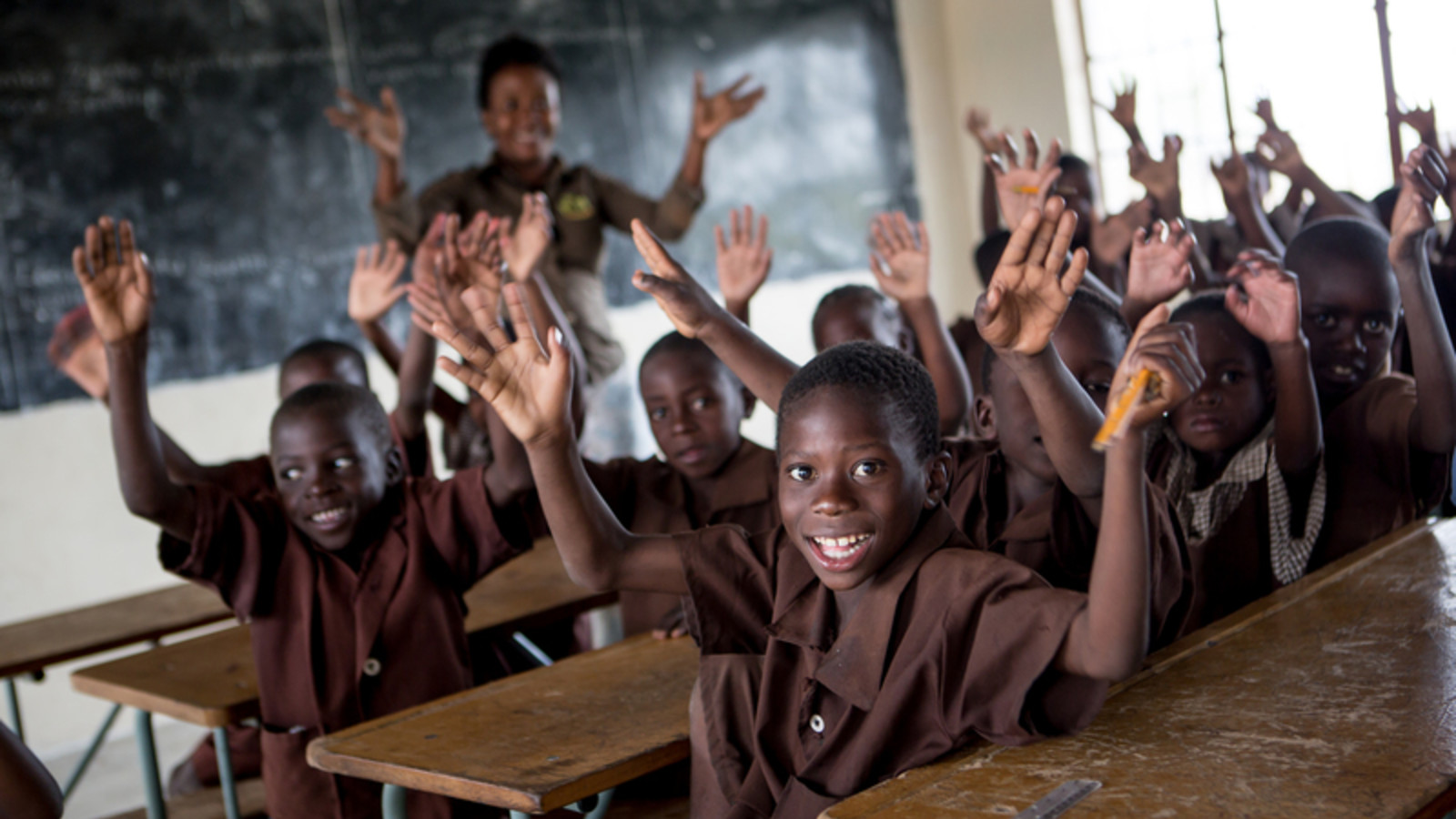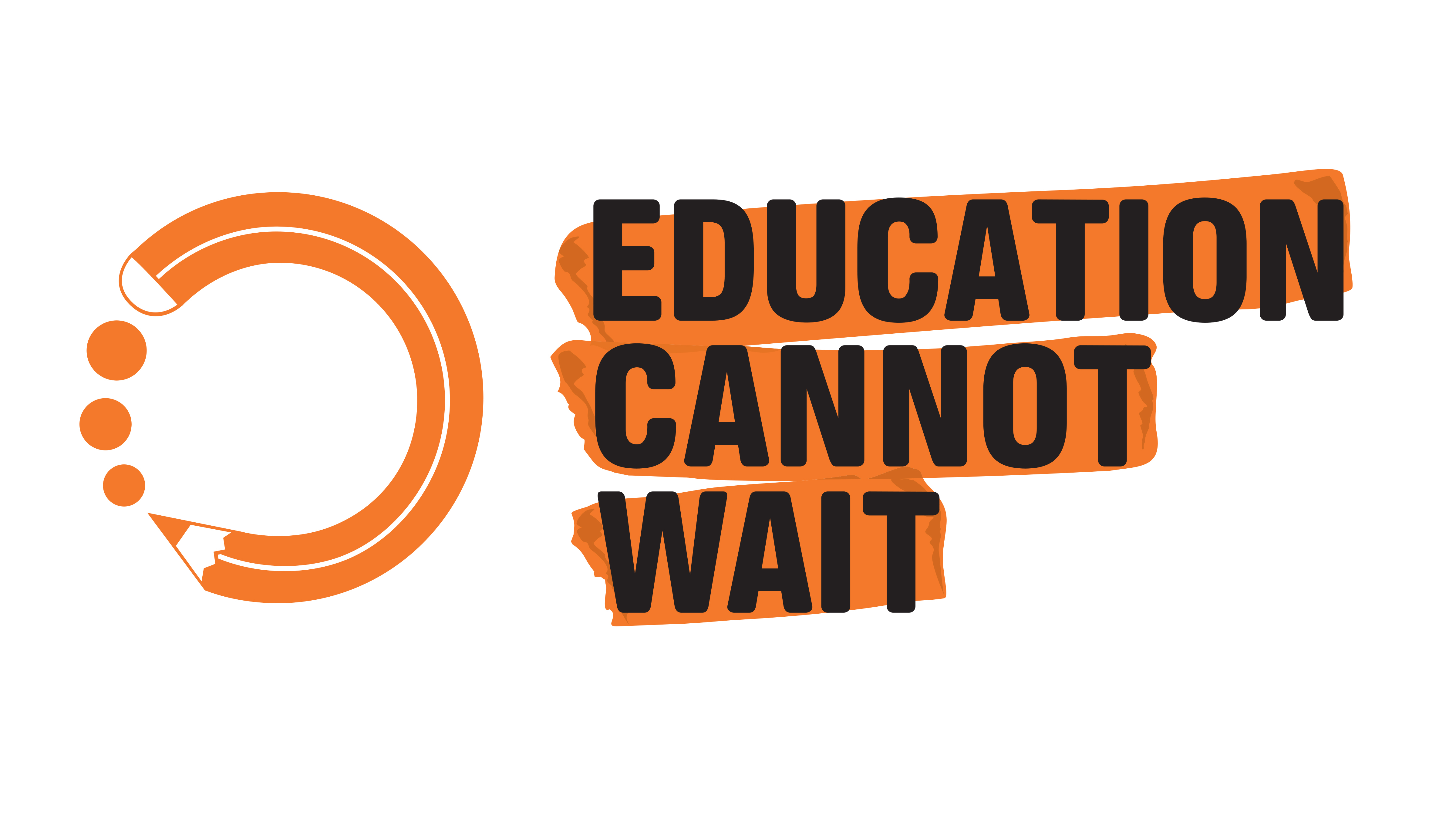ECW in Zambia
Zambia hosts thousands of refugees who have fled conflict, political instability and other emergencies and crises in their home countries. Refugees are faced with challenges such as poverty and a lack of access to many resources, including limited access to quality education. The COVID-19 pandemic exacerbated pre-existing inequalities and needs. School closures left many children and adolescents out of the classroom with no remote learning opportunities. Many schools also lacked the materials and resources to implement the necessary precautions to reopen safely. Education Cannot Wait (ECW) launched a First Emergency Response (FER) to support partners in increasing remote learning opportunities; providing improved infrastructure; and addressing the mental health concerns of students. All activities related to this FER concluded in 2021.

Investments
Financial Information
National Counterparts
Ministry of General Education
Additional Results
- Number of girls accessing menstrual hygiene facilities in schools: 5,463
- Number of children in refugee settlements attending early childhood education facilities that meet child-friendly, safe learning environments requirements: 1,583
COVID-19 Results
Programme Info

The COVID-19 pandemic affected all aspects of life in Zambia, including the education sector. School closures left refugee and host community children and adolescents out of the classroom nationwide. Many refugee children have had their learning disrupted for extended periods of time, and the lockdowns further exacerbated this, putting them at risk of never returning.
Weak educational infrastructure and overcrowded schools lacking adequate water, sanitation and hygiene (WASH) facilities provided unsafe environments for children to return to when schools reopened. Remote options were limited due to a lack of resources, forcing students to either pause their schooling or expose themselves to the risk of the virus.
ECW launched a First Emergency Response (FER) to increase access for refugee and host community children to safe learning environments. The funding supported partners to provide an array of remote learning programmes that ensured continuity during and after closures. Funding also established new, fully-stocked classrooms and adequate WASH facilities. To further meet children and adolescent’s needs, ECW partners provided mental health and psychosocial support (MHPSS) services to address trauma, stress and anxiety incurred.
All activities funded as part of this COVID-19 FER concluded in 2021. ECW has no active programme in Zambia.
Programme Components
- Addressing mental health needs. Grantees provided psychosocial counselling and toll-free mental health hotlines. Community members and the Ministry of Community Development and Social Services collaborated with grantees to address community specific needs and form support groups for children and adolescents.
- Increasing access to remote learning opportunities. Provided remote tablets for schools to distribute among students on a rotational basis to ensure continued access and supplied supplemental school activities. Children with disabilities who cannot use tablets were provided with radios with programmed lessons at their homes. Grantees distributed self-learning kits to secondary school students to support continuity during school closures.
- Strengthening educational infrastructure. Grantees provided additional classrooms, WASH facilities, sleeping bays for early childhood education centres and resources to support education, including computer access. Schools received solar power systems to increase the sustainability of power facilities.


